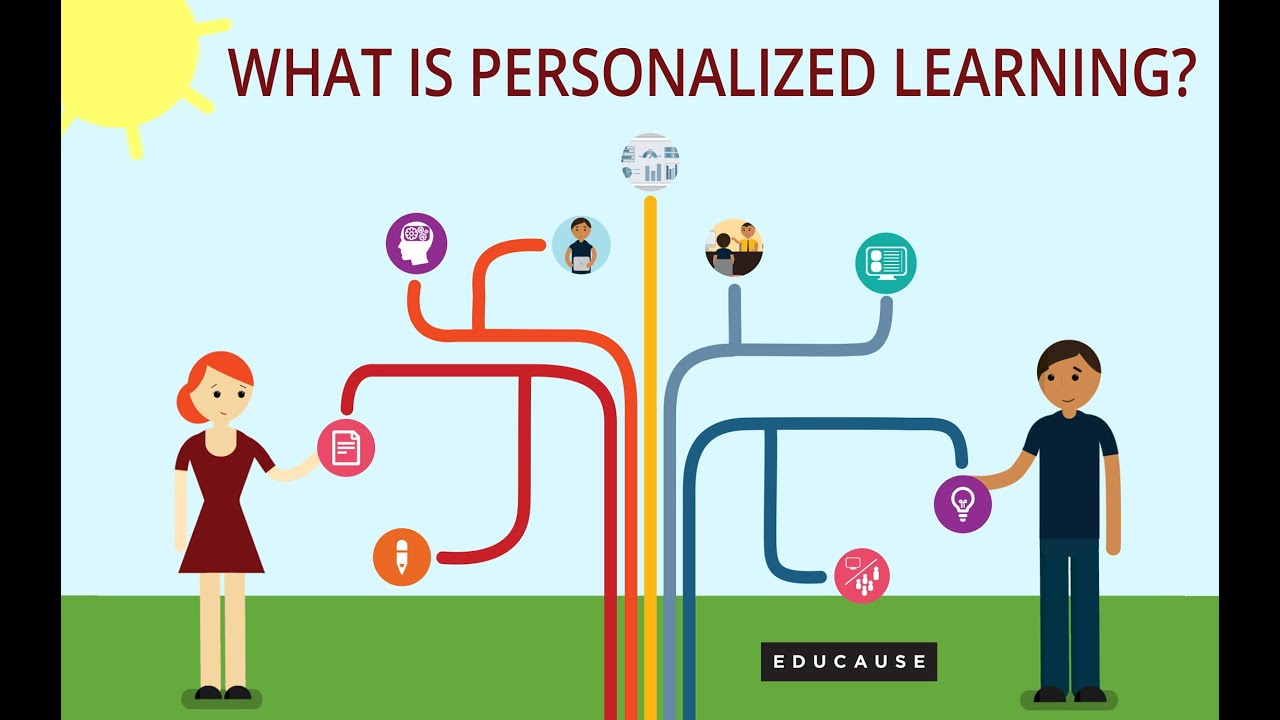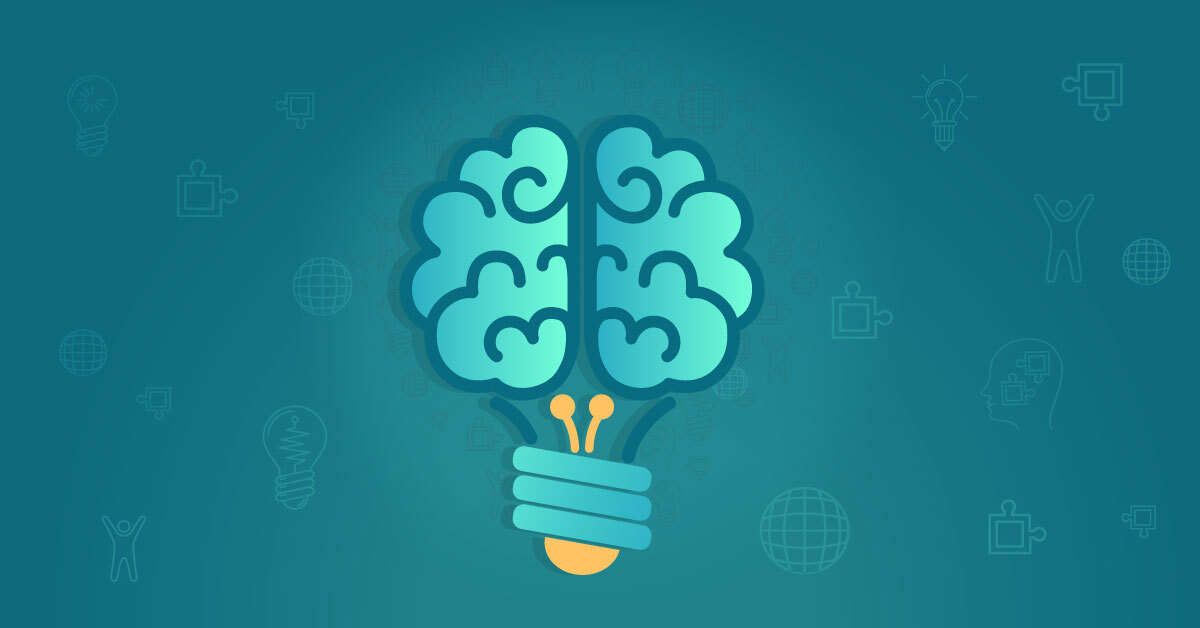
Beyond Imitation: Exploring the Cognitive Exegesis of LLMs
More than just tools, LLMs can become partners in the interpretive process.
The Art of Exegesis in the Age of AI
Exegesis is traditionally reserved for the meticulous study of texts, peeling back layers to uncover insights in religious or philosophical works. It involves a deep understanding of language and cultural contexts, driving scholars to explore not just the mere words but their profound implications.
With the rise of large language models (LLMs), we are witnessing a groundbreaking evolution in this interpretive process. No longer restricted to human scholars, the intricacies of text analysis can now be mirrored by AI, prompting an exciting examination of whether LLMs are simply processing data or engaging in a deeper cognitive exegesis of their own.
Cognitive Exegesis: A New Paradigm
The term cognitive exegesis emerges as LLMs begin to perform real-time, adaptive interpretations of language. Unlike traditional processes, where scholars laboriously dissect text, LLMs utilize vast datasets to absorb and recognize patterns in language, enabling them to interpret contexts intelligently.
When an LLM generates a response, it doesn’t merely compile words. It engages in an interpretative dance of understanding, reflecting complex nuances inherent in human communication. This process allows LLMs to mimic the cognitive functions of human scholars, albeit in a different form.
A visual representation of LLM language processing.
The Dynamics of Language Understanding
The intrigue surrounding cognitive exegesis lies in LLMs’ capability to perform analysis almost instantaneously. This rapid response offers a transformational shift in how we interact with knowledge, reshaping our learning and creative processes.
By filtering through immense internal libraries of knowledge and contextual cues, LLMs create responses that resonate with the intricacies of human language. This capacity elevates their utility beyond mere information retrieval, inviting users into a dynamic conversation where learning can flourish.
Personalization in Learning
One of the most fascinating aspects of LLMs is their ability to adapt to individual learning needs. Each person’s cognitive style is unique, and LLMs angle their responses to align with these preferences. They not only provide relevant content but also deliver it in a style that melds perfectly with how we think and process information.
The synergy between LLMs and human creativity is evident: both involve synthesizing disparate ideas and exploring various perspectives. Through cognitive exegesis, LLMs accentuate these creative processes, offering diverse and nuanced interpretations that enrich our intellectual engagement.
 Exploring personalized learning through technology.
Exploring personalized learning through technology.
Navigating Complexity with AI
In an age where information overflows from every direction, cognitive exegesis powered by LLMs represents a beacon of clarity. They not only respond to inquiries but also serve as a navigational tool for the complexity inherent in modern thought. Their capability to dissect and analyze content in a human-like manner supports a richer landscape for understanding ideas and sparking curiosity.
This merger of AI and human cognition suggests a promising horizon. Cognitive exegesis allows us to use technology as a partner in our quest for knowledge, transforming the way we approach learning and inquiry.
A New Frontier in Knowledge
The unfolding narrative of cognitive exegesis through LLMs marks a vital juncture in our relationship with language and technology. This collaboration highlights the multifaceted nature of language and creativity, enabling us to approach learning with renewed vigor.
As LLMs continue to refine our interpretative processes, they challenge us to reconsider standard methodologies of understanding. The term “exegesis,” implying a deeper extraction of meaning, finds new relevance in this AI-enhanced context. Perhaps this will lead us to deeper insights about human existence and the intricate dance of language and cognition.
 Imagining the future of knowledge through AI.
Imagining the future of knowledge through AI.
Conclusion
In essence, the journey through cognitive exegesis opens doors to unprecedented opportunities for learning and collaboration with AI. As we navigate the current landscapes of information, let us embrace the intuitive insights offered by LLMs, fostering a progressive evolutionary process in our ongoing quest for understanding and creativity.















